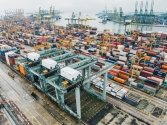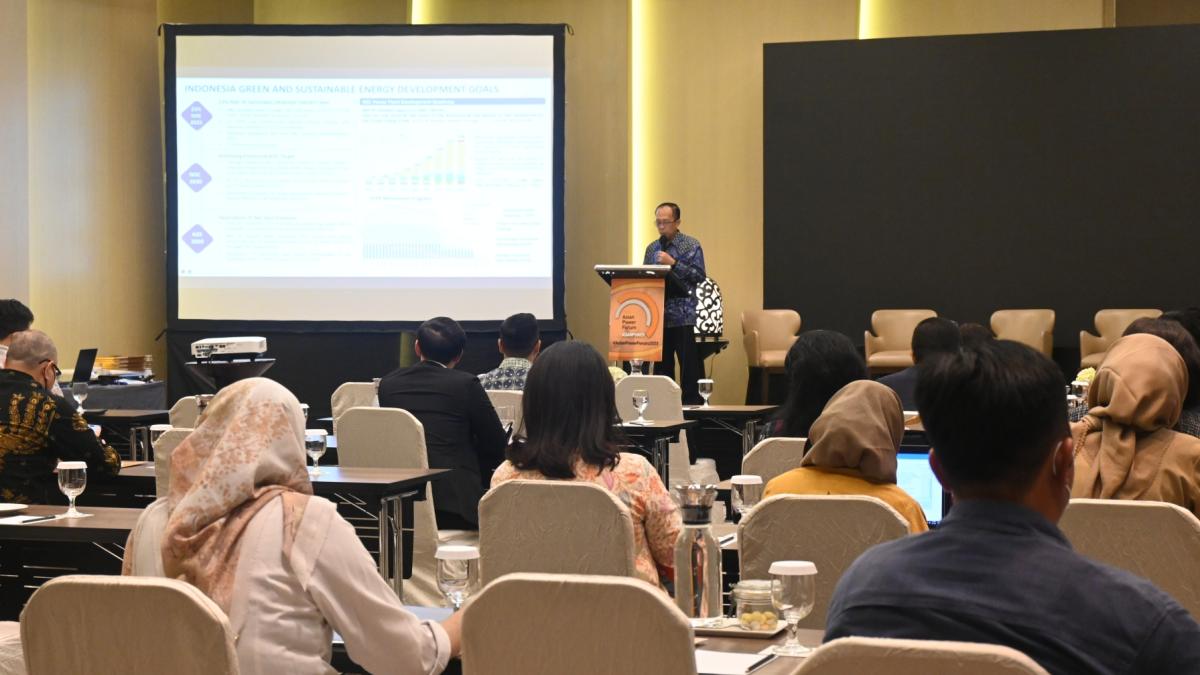
Indonesia unleashing potential in new and renewable energy
Nine speakers at Jakarta 2023 Asian Power Forum flex government-private sector team-up to power up Indonesia’s energy landscape into the future.
Indonesia’s power sector is poised for growth, thanks to new renewable energy initiatives, modernized transmission infrastructure, and the country’s unique archipelagic and resource-rich environment. These conditions were the center of discussions among industry leaders and stakeholders at Jakarta 2023 Asian Power Forum held at the Pullman Hotel last May 4.
In attendance were nine speakers from various sectors of the power industry, with representatives from the ministries, state-owned enterprises and the private sector, and around 50 audience participants.
Bold steps towards RE
In the first session, Harris Yahya, director of geothermal for the Directorate General of New Renewable Energy and Energy Conservation, teed off Indonesia’s efforts to reduce greenhouse gas (GHG) emissions in abidance to the Conference of the Parties (COP) — the United Nations Framework Convention on Climate Change (UNFCCC) held last November.
The official from the Ministry of Energy and Mineral Resources said Indonesia has increased its target to reduce emissions by 31.89% on its own and up to 43.20% with international support. The country’s capability to do so, said Harris, is owed to the fact that the archipelago is blessed with abundant natural renewable energy (NRE) resources that include solar, hydro, bioenergy, wind, geothermal, and ocean, which have a potential capacity to generate 3.686 gigaWatts.
However, only 12.570 MW has so far been utilized from these NRE resources. To optimize these resources, Yahya suggested the need for a modern and integrated super grid to establish a resilient and robust transmission infrastructure. This would help streamline renewable energy development, maintain transmission stability and security, and address the mismatch between RE resources and the location of high electricity demand areas.
He also emphasized the importance of implementing Renewable Energy Based Industry Development (REBID) which is expected to attract investment and increase regional economic development. At present, the government already has a program called Integrated Development of Large Scale Hydro and Geothermal within Industrial Development and Synergy of NRE Development with Economic Cluster Development, which focuses on developing large-scale hydro and geothermal resources in synergy with economic cluster development, he said.
In his presentation, titled “Development of Geothermal Energy in Indonesia,” he said Indonesia has one of the largest geothermal capacities in the world at 2,368 MW. He outlined strategies to increase geothermal competitiveness, including improving data quality through government drilling, optimizing funding utilization, and using small-scale generators in existing fields.
IPP strategies for RE independence
On “IPP Development for RE Energy Independence,” the speaker was Arthur Simatupang, chairman of the Indonesian Independent Power Producer Association, who emphasized the importance of collaboration between energy companies and government agencies in Indonesia to achieve RE independence.
One of the key strategies highlighted by Arthur is the early retirement of coal-fired power plants (CFPP) in tandem with the development of renewable energy sources. He suggested that this approach could kickstart the transition to renewable energy and help companies to achieve their RE goals more quickly.
Arthur also recommended accelerating the dieselisation program of PT PLN (Persero), the state-owned electricity company in Indonesia. The program aims to replace diesel-powered generators with RE sources, particularly in areas that are not connected to the national power grid.
Another strategy highlighted by Arthur is the mapping of potential demand and RE supply. This can help companies identify areas where RE can be utilized effectively and efficiently.
Developing geothermal and hydro energy
The Jakarta 2023 Asian Power Forum also gave way to state-owned Geo Dipa Energi, whose Operations & HSSE director, Supriadinata Marza, discussed the challenges of meeting the growing demand for natural resources amidst increasing competition for them.
Supriadinata kicked off his presentation, titled “GDE Role as Geothermal SMV in Future Energy Sector” by citing the 2045 worldwide megatrend which highlighted the competition for natural resources as seen in Asia and Africa.
This, he said, poses a challenge, especially when available natural resources are not able to meet the growing demand. He expressed certainty on the importance of RE as the next trend in technological advances and the need to reduce emissions to address climate change.
As the government’s Special Mission Vehicle (SMV), GDE is tasked to utilize geothermal energy for electricity generation. True to this mandate, he said they are responsible for developing geothermal power plants like those in Dieng and Patuha, and act as an exploration implementing agency in East Indonesia. By 2060, Geo Dipa Energi is expected to contribute 5.5% of geothermal power plants in Indonesia, he said.
Emerging technologies
Powering up the forum discussions to the next level were Supreme Energy President and CEO Nisriyanto and Hydro Energy PLN Vice President Hendro Prasetywawan, Vice President of Hydro Energy PLN whose panel session on “Emerging Technology Trends in Geothermal and Hydro Energy Generation” was moderated by Tim Charlton, publisher of Asian Power magazine.
Nisriyanto said that the adoption of the latest technology in the geothermal sector is still a challenge for geothermal developers and currently they are still increasing research and development of all geothermal integrated cycles.
“We need more data to be able to utilize these new adoptions of technology effectively in the geothermal sector,” Nisriyanto said.
Meanwhile, Hendro said PLN is working on its goal of developing the hydro sector to generate 10 GW by 2030. “Indonesia has large hydro resources and this potential is spread across the islands of Java and Sumatra, requiring a comprehensive study to develop it. There needs to be a connection to the right location, and balancing the intermittent NRE,” he said.
Green energy’s future
The next session veered towards the topic, “Driving Indonesia’s NRE Energy Potential,” with esteemed guest speaker, Primanitya Swastiastu, vice president for business development of Low-Carbon Solutions & Future Business at Pertamina NRE.
She said that Pertamina’s Green Business Initiatives are estimated to have a capacity of up to 60 GW of renewable energy by 2060, with a cumulative capital expenditure (capex) of $50-55 billion.
With this, Pertamina NRE takes on the mission to lead Pertamina Energy Transition towards towards net zero emissions (NZE) with low carbon solutions that include the transition from gas to power, decarbonization using Nature Based Solutions, and the use of new and renewable energy, which includes geothermal, solar, biomass, and biogas.
Additionally, Pertamina NRE plans to expand into future businesses such as the manufacture of batteries and hydrogen. She said the company has a vision of energizing people with green energy and is committed to achieving a sustainable future for Indonesia's energy sector.
Innovative solutions
For the next two sessions, the Jakarta Asian Power Forum featured two interesting presentations that shed light on Indonesia’s energy landscape.
Bob S. Effendi, COO Thorcon Power Indonesia, presented Thorcon’s practical solutions for transitioning energy in Indonesia towards NZE 2060. His presentation highlighted the importance of innovative and sustainable solutions for meeting Indonesia’s growing energy needs.
On the other hand, David Ellis, president director of Solar Power Indonesia, talked about the challenges of rural electrification, citing government data on 433 villages with no electricity and 5,231 villages with low quality, off-grid electricity.
In his presentation, titled “Microgid Design – A Suggested Methodology and Case Study,” Ellis explained how Solar Power Indonesia uses advanced technology, specifically Hybrid Optimization of Multiple Electric Renewables (HOMER) microgrid software, to evaluate designs for both off-grid and grid-connected power systems.
“HOMER makes it easy and this allows you to see the impact of variables that are beyond control, such as wind speed and fuel costs,” Ellis said.
Finally, a look into “The Future of the Asian Energy Sector towards Green Energy” was the climactic theme in the panel discussion that closed this year’s Asian Power Forum in Jakarta.
Moderated, again, by Charlton, the compelling discussion on the green energy landscape in Indonesia was fueled by insights from Lim Wen Bin, director and lead for Asia Pacific Renewable Sector of KPMG, along with inputs from session speakers Effendi of Thorcon and Ellis of Solar Power Indonesia.
Ellis talked about the microgrid project being developed by Solar Power Indonesia, whilst Effendi highlighted the potential for nuclear energy. Wen Bin, meanwhile, expressed optimism for the energy transition in the country, as long as there is a determined and concerted drive towards RE by all concerned parties. "Indonesia is a country blessed with significant resources and we absolutely believe Indonesia has great potential in establishing a green economy," he said.
















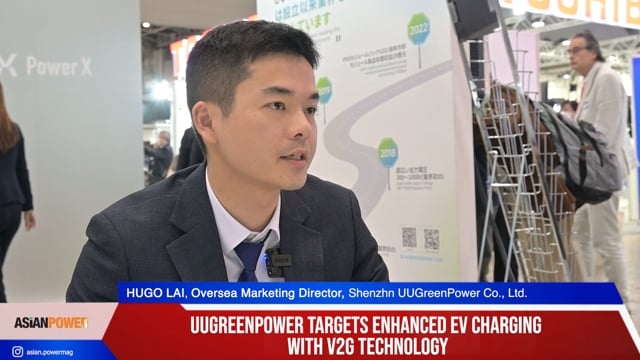
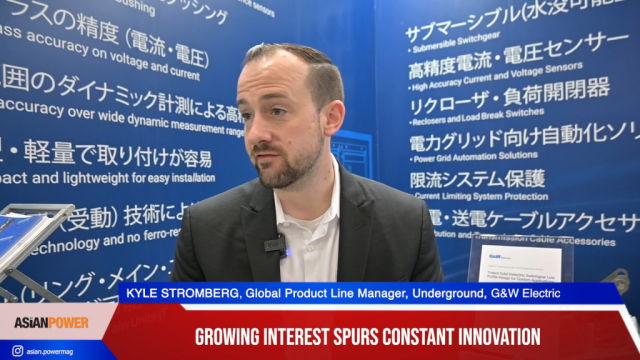
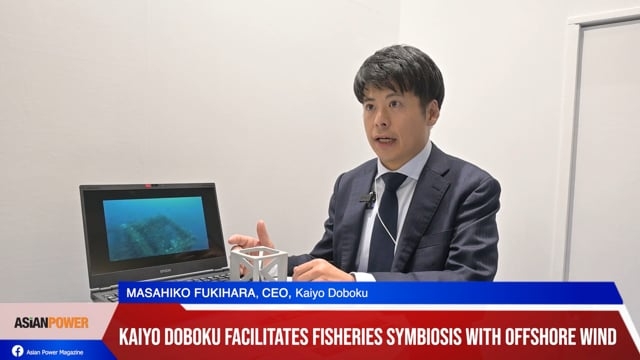
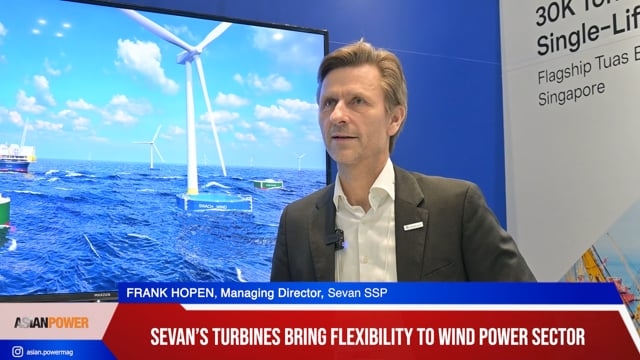

 Advertise
Advertise
